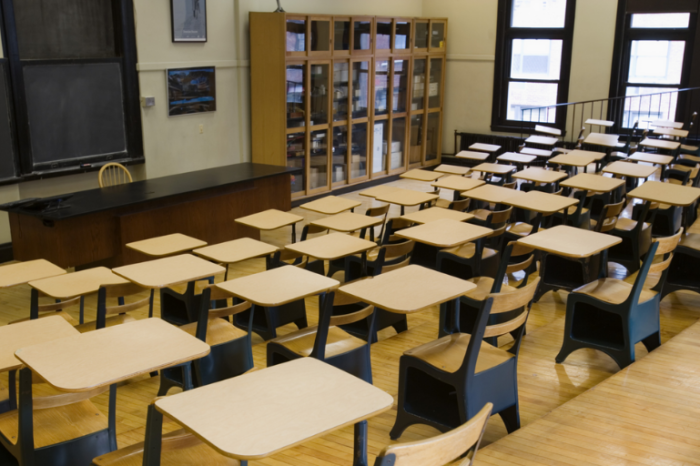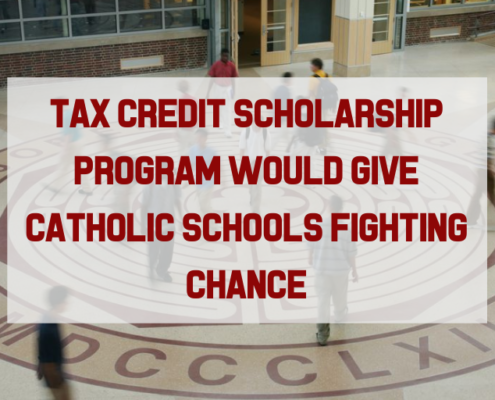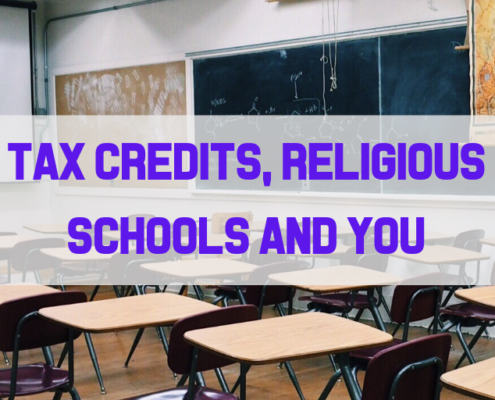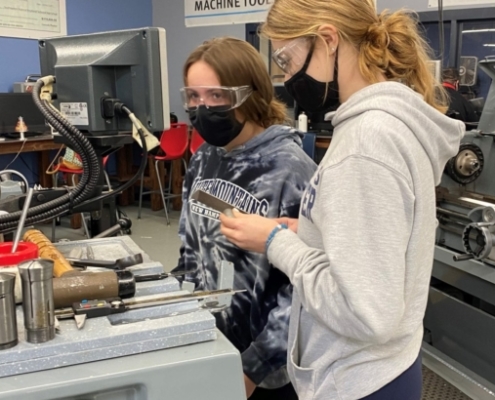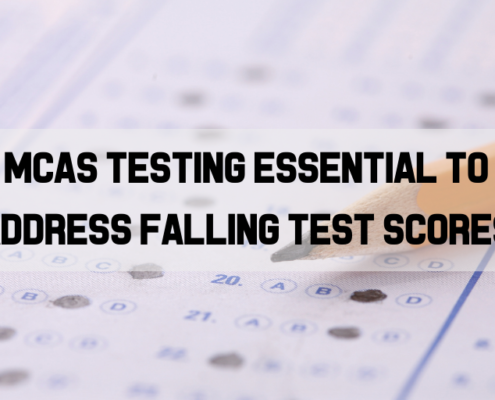Rigorous Civics Education Needed Now More Than Ever
This op-ed was originally published in Commonwealth Magazine.
After decades of being overlooked, the importance of teaching US history and civics in public schools is at last gaining momentum. At the same time, the American Rescue Plan will bring an influx of tens of millions of dollars into Massachusetts schools. The confluence of these two events could transform civics education, but turning potential into reality will require combining a high-quality, fact-based curriculum with strong accountability measures.
The focus on preparing students to be informed participants in American democracy is overdue. For too long, the education-as-workforce-development model has held sway in the United States, despite research and outcomes evidence showing that it falls short in terms of both academics and economics.
The newfound focus on civics also has the potential to be a much-needed unifying force in our bitterly divided country. Unfortunately, the approach taken by the biggest players in this space would likely have the opposite effect.
The organization Generation Citizen takes a highly partisan “action civics” approach, while iCivics, another nonprofit working in this area, promotes “video game civics.” If there’s anything we’ve learned from the workforce training era in K-12 education, it’s that in addition to degrading academic quality, the focus on supposedly useful soft skills actually leaves students less prepared to succeed both in the workplace and in our democracy.
Rather than attempting to inculcate students in a particular ideology, combining a high-quality, fact-based curriculum with strong accountability measures is the best way to equitably develop informed citizens who possess the civic knowledge needed to be continuous learners.
That’s what we did in 1993, when a Democratic Legislature and a Republican governor worked together to craft an education reform law that called for teaching the Federalist Papers, founding documents, US, Massachusetts and labor history. It also called for creation of a US history MCAS test that, like the English, math, and science tests, students would have to pass to graduate from high school.
Unfortunately, for over 25 years the Commonwealth has brushed aside these aspects of state law. In an era of strong anti-testing sentiment, it’s important to remember that MCAS didn’t create class- and race-based disparities; it shone a light on them, making policy makers more likely to address them. MCAS is central to the Bay State’s historic successes on virtually every measure of student achievement.
As part of the anti-testing backlash, the Patrick administration decided in 2009 to postpone implementation of the history MCAS, citing the cost (at the time, less than $2.5 million). The current flow of federal dollars obviates that concern.
Since that time, the Commonwealth has also dumbed down its formerly nation-leading US history standards – with the guidance of iCivics and Generation Citizen. The growing interest in K-12 civics combined with an increase in federal aid provides an opportunity to correct this mistake and match history and civics standards with a US history MCAS test.
Recent proposals to resuscitate civics have come from the federal government, such as the proposed Civics Secures Democracy Act. While we appreciate the awareness of the issue Washington, DC, has demonstrated, education is best addressed by the states. State and local governments provide more than 90 percent of funding for K-12 public education in the US.
In addition, the debacle of the Common Core State Standards and national testing associated with it have, over the last decade, demonstrated why the federal government is ill-suited to solve these problems. What started as an effort to ensure that all states adopt rigorous English and math standards turned into a “race to the middle.” This resulted in high-performing states like Massachusetts ending up with inferior standards and lower student performance.
Public education steeped in the liberal arts promotes tolerance and respect for the rule of law, while guarding against the decline in civil discourse that is doing such great harm to our nation.
The Commonwealth has a chance to realize these important goals and seize on the confluence of federal funding and a newfound awareness of the importance of teaching history and civics. Success – and achieving the founders’ goal of a public school system that prepares students to be active participants in American democracy – will require Massachusetts policy makers to focus on facts and academic rigor backed up by meaningful accountability.
Tom Birmingham is a former president of the Massachusetts Senate, co-author of the Massachusetts Education Reform Act of 1993, and a senior fellow in education at Pioneer Institute.

